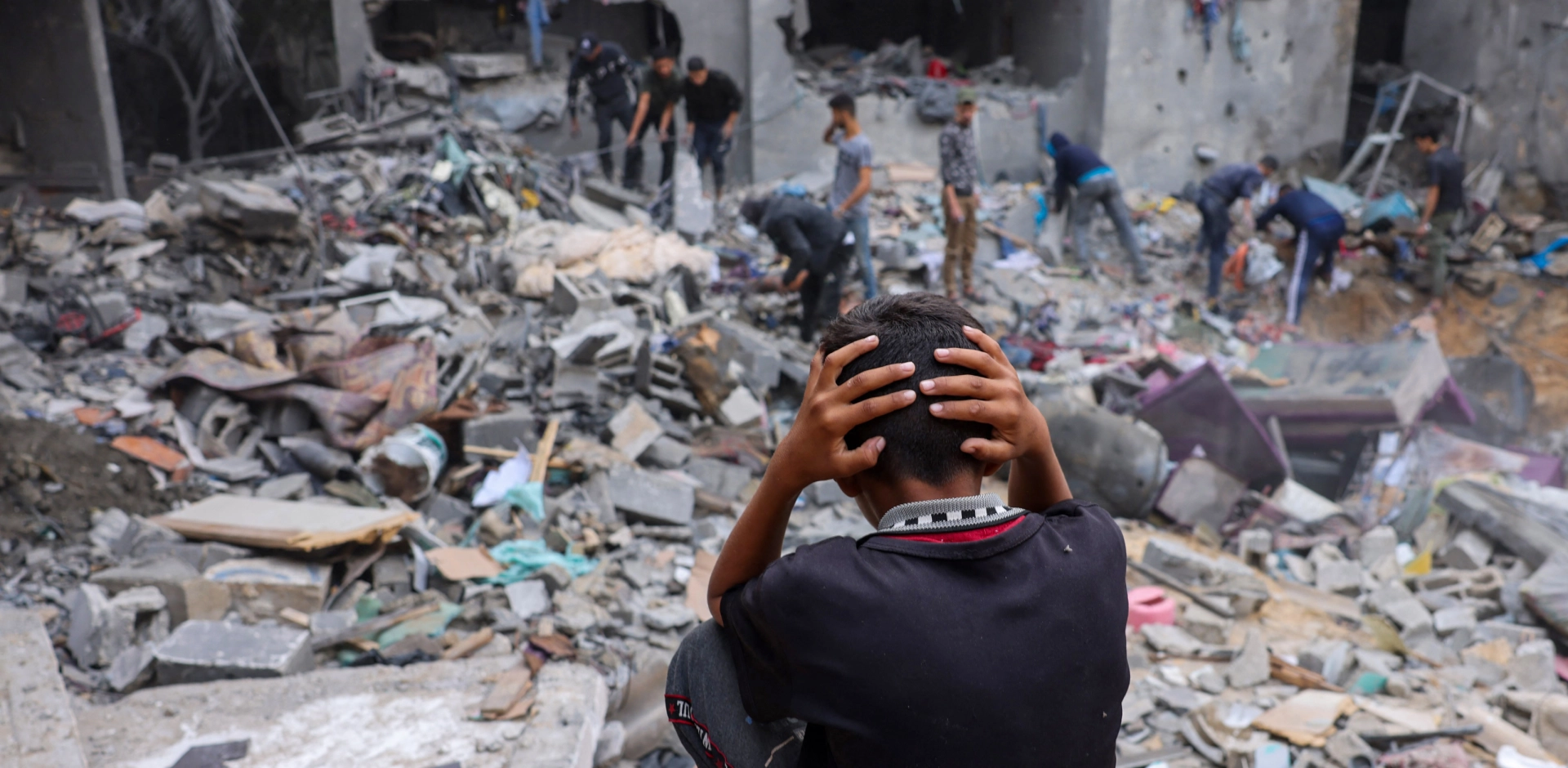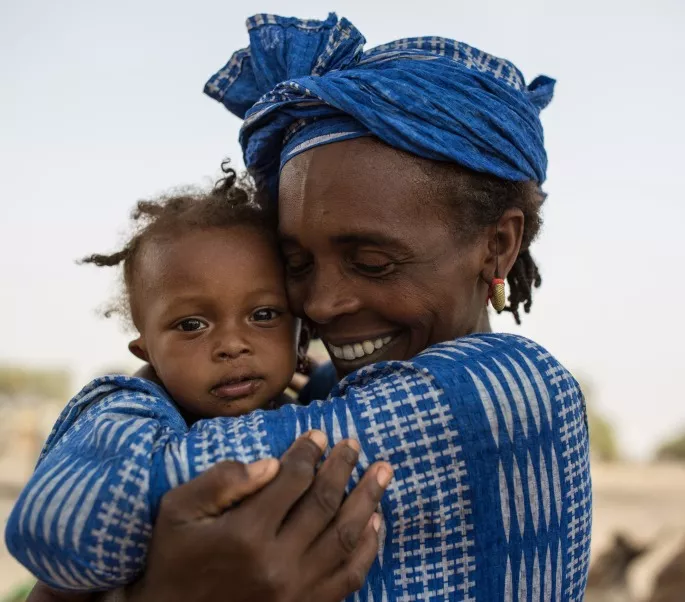For many Muslims, there has been a sense of discouragement that congregational worship remains restricted in many parts around the world as we experience the second Ramadan occurring during the COVID-19 pandemic. Many had anticipated that COVID-19 restrictions would ease off by this time as we have been yearning for the lively environment that helps Muslims to strive harder during this Holy month. It’s now the second time that many have been forced to miss the beautiful recitations of Qur’an and the communal iftaars among friends, family and the community that provides encouragement and a sense of togetherness.
Although COVID-19 restrictions have drastically impacted the usual Ramadan that we have all been accustomed to, the reward that accompanies Ramadan has not diminished. The same virtues of increased forgiveness, mercy, reward and acceptance are still up for grabs. However, now more than ever, introspection of ourselves is required in order to pivot our Ramadan approach in light of a COVID-19 world. It is not sufficient to rely on a Qari, masjid iftar, or community gathering to help motivate us to strive in Ramadan as COVID-19 has severed those connections for the second straight year. What is now required is for each of us to find the majority of inspiration through our own individual effort. A good starting point is ensuring we have a strong why for our fasting, praying and other worship.
It is reported that Abu Hurayrah (ra) narrates, that the Prophet (saws) said,
“Whoever fasts in the month of Ramaḍān with faith and seeking reward will have his sins forgiven; and whoever stands the night in prayer on Laylat al-Qadr with faith and seeking reward will have his sins forgiven.” (Bukhari 1901)
In another hadīth narrated by Abu Hurayrah (ra) Prophet (saws) said,
“Whoever undertakes the duties of Ramaḍān with faith and seeking reward will have his sins forgiven.”
It’s interesting to note that Rasulullah (saws), who was recognized for the succinctness of his speech mentions “faith and seeking reward” in both hadīth. This certainly illustrates the role that our intention and our state of mind plays in attaining forgiveness.
In other words, a strong desire for Allah’s forgiveness must accompany our fasting and praying. With that in mind, Muslims should approach Ramadan with ambition in order to attain a mindset that is eager for reward and forgiveness.
Without realizing, Muslims may in fact be setting themselves up for failure when they worship Ramadan with a lack of drive and in a passive manner. Statements that express frustration about the length of the days, the heat, or how difficult Ramadan is can cause someone to create mental barriers which shackle them from experiencing the sweetness of Ramadan.
Similarly, the over-indulgence in food, sleep and leisure to pass time during the fast can contribute to someone approaching acts of worship with complacency and lazily.
Abu Huraira reported: The Messenger of Allah, peace and blessings be upon him, said,
“One might fast and gets nothing from their fast but hunger. One might pray at night but gets nothing from their prayer but fatigue. [Sunan Ibn Mājah 1690]
This hadith implicitly suggests the significance of sincerity in our worship. Worship that is done mechanically and void of emotion including the desire for Allah’s reward is simply a waste. As a consequence, the person’s actions may not be accepted and the only thing the person takes away from their empty worship is the hunger from not eating and the fatigue from standing.
This becomes critically important as we head towards the midpoint of Ramadan and the initial excitement of Ramadan tapers off. It is up to each of us to continuously reflect upon the immense benefits of Ramadan and ensure these virtues are reflected in each aspect of our worship.



